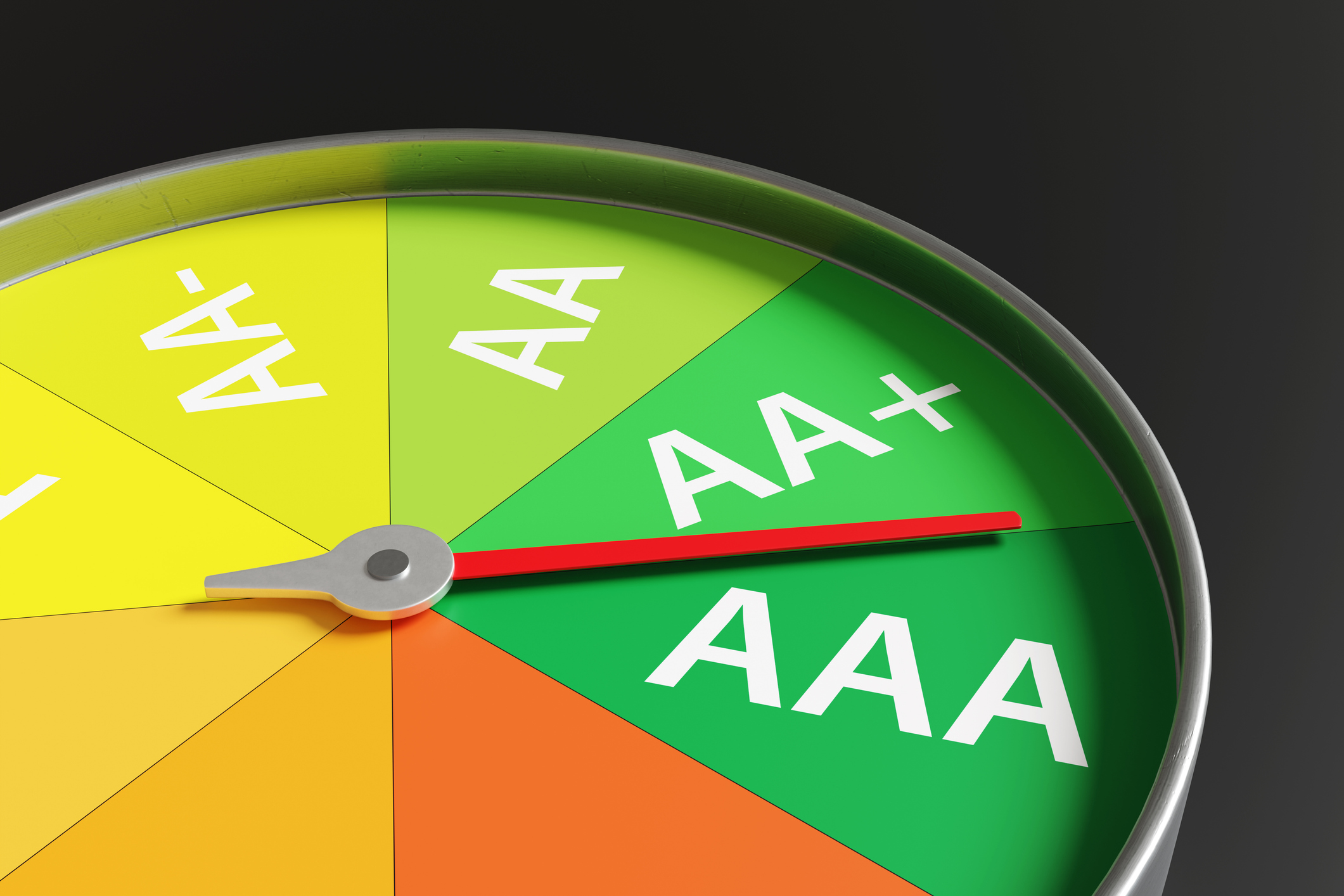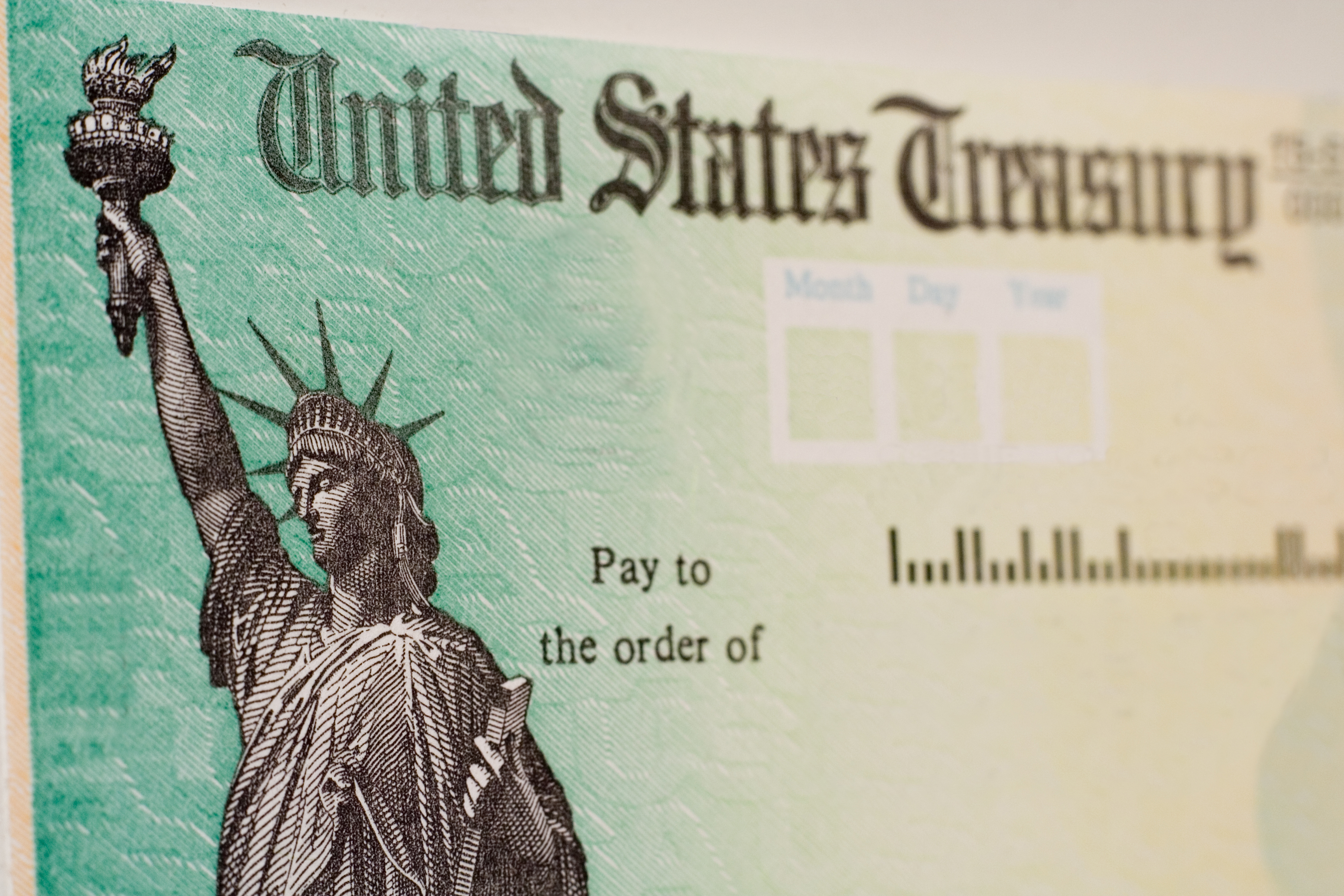Income Investing: Municipal Bonds to Earn 1% - 3%
Don't let a few headlines about jursidictions with financial woes scare you away from these tax-exmpt yields.

Profit and prosper with the best of Kiplinger's advice on investing, taxes, retirement, personal finance and much more. Delivered daily. Enter your email in the box and click Sign Me Up.
You are now subscribed
Your newsletter sign-up was successful
Want to add more newsletters?

Delivered daily
Kiplinger Today
Profit and prosper with the best of Kiplinger's advice on investing, taxes, retirement, personal finance and much more delivered daily. Smart money moves start here.

Sent five days a week
Kiplinger A Step Ahead
Get practical help to make better financial decisions in your everyday life, from spending to savings on top deals.

Delivered daily
Kiplinger Closing Bell
Get today's biggest financial and investing headlines delivered to your inbox every day the U.S. stock market is open.

Sent twice a week
Kiplinger Adviser Intel
Financial pros across the country share best practices and fresh tactics to preserve and grow your wealth.

Delivered weekly
Kiplinger Tax Tips
Trim your federal and state tax bills with practical tax-planning and tax-cutting strategies.

Sent twice a week
Kiplinger Retirement Tips
Your twice-a-week guide to planning and enjoying a financially secure and richly rewarding retirement

Sent bimonthly.
Kiplinger Adviser Angle
Insights for advisers, wealth managers and other financial professionals.

Sent twice a week
Kiplinger Investing Weekly
Your twice-a-week roundup of promising stocks, funds, companies and industries you should consider, ones you should avoid, and why.

Sent weekly for six weeks
Kiplinger Invest for Retirement
Your step-by-step six-part series on how to invest for retirement, from devising a successful strategy to exactly which investments to choose.
On the surface, bonds issued by state and local governments don’t pack much of a yield punch. But Uncle Sam generally doesn’t tax muni interest, which may be exempt from state taxes, too. Those breaks add up, especially for investors in the higher tax brackets. A 2% yield from a muni bond translates to a taxable yield of 3.3% for taxpayers in the top, 39.6% bracket. Add in a 3.8% Medicare levy on high-income earners, and the taxable-equivalent yield of 2% tax-free climbs to 3.5%.
Earnings for All
- Bank Accounts: 1%-4%
- Investment-Grade Bonds: 3%-5%
- Real-Estate Investment Trusts: 2%-6%
- Foreign Bonds: 3%-6%
- Preferred Stocks: 4%-7%
- Closed-End Funds: 5%-11%
- High-Yield Bonds: 6%-8%
- Master Limited Partnerships: 5%-11%
Even after a strong two-year run—with high-quality tax-free bonds returning an average of 9.1% in 2014 and 3.3% in 2015—the market still looks “a little cheap,” says Hugh McGuirk, head of municipal investments at T. Rowe Price. After taxes, muni yields exceed those of Treasury bonds with similar maturities. And despite headlines about states and other jurisdictions with shaky finances—notably Illinois and Puerto Rico—almost all muni issuers honor their obligations. Individual muni bonds default at a rate of less than 0.2% a year, which is well below the default rate for high-quality corporate bonds.
Risks to your money. Credit-rating cuts could send bond prices spiraling. States with a “negative” ratings outlook now include Alaska, Louisiana, New Jersey and Pennsylvania, according to Moody’s. Rising interest rates would lower the value of existing bonds and depress share prices of muni funds (though higher interest payments would offset the losses over time). Inflation may eat away at the value of your principal and interest payments.
From just $107.88 $24.99 for Kiplinger Personal Finance
Become a smarter, better informed investor. Subscribe from just $107.88 $24.99, plus get up to 4 Special Issues

Sign up for Kiplinger’s Free Newsletters
Profit and prosper with the best of expert advice on investing, taxes, retirement, personal finance and more - straight to your e-mail.
Profit and prosper with the best of expert advice - straight to your e-mail.
Hire a pro. Residents of high-tax states should buy funds that hold bonds issued by their state or local government. Two top mutual fund choices for California and New York residents are Vanguard California Long-Term Tax-Exempt (symbol VCITX, yield 1.9%) and Vanguard New York Long-Term Tax Exempt (VNYTX, 1.8%). If state taxes aren’t a concern, go for iShares National Muni Bond ETF (MUB, $111, 1.5%), an exchange-traded fund that holds hundreds of munis issued by state and local governments across the country. T. Rowe Price Tax-Free High Yield (PRFHX, 2.8%) pays substantially more, but the mutual fund’s bonds have lower credit ratings and are more susceptible to default or a slump in price if their issuers run into financial troubles. (All prices and returns are as of March 31.)
Do it yourself. Individual bonds can be a good bet if you hold them to maturity. But you should take this route only if you can plow in at least $50,000, spread over several bonds, in order to stay well diversified. A San Diego Redevelopment Agency bond, rated double-A, recently yielded 2.5% to maturity in 2027. And a Chicago O’Hare International Airport revenue bond, rated single-A, yielded 3.4% to maturity in 2031. Neither bond can be called, or redeemed, until 2025, and their issuers should generate enough steady revenue to meet their interest payments until the debt comes due, says Dusty Self, comanager of the RidgeWorth Seix Short-Term Municipal Bond Fund.
Next: Investment-Grade Bonds to Earn 3% - 5%
Profit and prosper with the best of Kiplinger's advice on investing, taxes, retirement, personal finance and much more. Delivered daily. Enter your email in the box and click Sign Me Up.

-
 Quiz: Do You Know How to Avoid the "Medigap Trap?"
Quiz: Do You Know How to Avoid the "Medigap Trap?"Quiz Test your basic knowledge of the "Medigap Trap" in our quick quiz.
-
 5 Top Tax-Efficient Mutual Funds for Smarter Investing
5 Top Tax-Efficient Mutual Funds for Smarter InvestingMutual funds are many things, but "tax-friendly" usually isn't one of them. These are the exceptions.
-
 AI Sparks Existential Crisis for Software Stocks
AI Sparks Existential Crisis for Software StocksThe Kiplinger Letter Fears that SaaS subscription software could be rendered obsolete by artificial intelligence make investors jittery.
-
 Big Change Coming to the Federal Reserve
Big Change Coming to the Federal ReserveThe Lette A new chairman of the Federal Reserve has been named. What will this mean for the economy?
-
 Bond Basics: How to Reduce the Risks
Bond Basics: How to Reduce the Risksinvesting Bonds have risks you won't find in other types of investments. Find out how to spot risky bonds and how to avoid them.
-
 Bond Ratings and What They Mean
Bond Ratings and What They Meaninvesting Bond ratings measure the creditworthiness of your bond issuer. Understanding bond ratings can help you limit your risk and maximize your yield.
-
 Bond Basics: Treasuries
Bond Basics: Treasuriesinvesting Understand the different types of U.S. treasuries and how they work.
-
 Bond Basics: Ownership
Bond Basics: Ownershipinvesting Bonds come in a variety of forms, but they all share these basic traits.
-
 Bond Basics: Pick Your Type
Bond Basics: Pick Your Typeinvesting Bonds offer a variety of ways to grow wealth and fortify your portfolio. Learn about the types of bonds and how they work.
-
 Best Banks for High-Net-Worth Clients
Best Banks for High-Net-Worth Clientswealth management These banks welcome customers who keep high balances in deposit and investment accounts, showering them with fee breaks and access to financial-planning services.
-
 Silicon Valley Bank, Signature Bank Failures Send Bank Stocks Reeling
Silicon Valley Bank, Signature Bank Failures Send Bank Stocks ReelingFinancial stocks continued to sell off following the collapse of regional lenders SVB and Signature Bank.